Coronavirus Underscores Demand for Life Sciences Space
The report from the Colliers International Life Sciences Practice Group examines five short- and long-term impacts on the sector.
As researchers ramp up their work developing therapies to treat patients suffering from Covid-19 and create vaccines to protect people from getting the deadly virus, the nation’s life sciences real estate sector has a spotlight on it. A new white paper report from the Colliers International Life Sciences Practice Group looks at five trends it expects to see during the Covid-19 pandemic.
READ ALSO: CPE’s Coronavirus Coverage
The report, written by Joseph Fetterman, executive vice president of the Life Sciences Practice Group, notes there are both near-term and long-term effects on the sector as the new coronavirus, or SARS-CoV2 as Fetterman refers to it, has grown as a public health emergency and threat in recent weeks. He states the impacts “affect investigations progressing in the labs, expansion plans, development of new faculties, supply chain, the funding ecosystem and regulatory process.”
Lab productivity slowed
The report states the short supply of available capacity to manufacture vaccines means that other drug development projects could be suspended at least temporarily to free up space in labs and process facilities. For example, major universities are stopping non-essential research work, while they focus all their activity on seeking new ways to deal with the coronavirus. Even those companies that aren’t working on coronavirus drugs or vaccines are scrambling for space and critical personal protection equipment like masks, gloves and other lab supplies that are being diverted to local hospitals in desperate need of the critical PPE. The slower productivity could lead to less product development and other effects on clinical trials, funding, as well as merger and acquisition activity.
Expansion of properties delayed
Another short-term impact will be companies delaying expansion plans as they focus on the Covid-19 drug and vaccine research and development and contend with volatile financial markets. Development restrictions in some Life Science clusters are also adding to project delays. While it is expected to be a limited delay because of the overall demand for R&D and manufacturing space, this trend might become more acute in the future.
Investments may slow, then grow
The Covid-19 pandemic is moving the country into recession and capital markets will feel the effects of that public uncertainty. Fettermam notes IPOs, M&As and venture capital investments will slow down in the short term, but look for investments to pick up and even accelerate due to the impact of the pandemic. Investments will come to the companies that are developing these treatments and vaccines so that we can stay ahead of future mutations. That expansion will continue long term as private equity, institutional lenders and developers fund new lab and manufacturing facilities.
Supply chain to become local
The pandemic has revealed that the U.S. is dependent on China for raw materials to develop these drugs and vaccines. There are already pressures to change that situation going forward. It will be a long-term impact to the sector and will result in more space being needed for manufacturing facilities to produce these materials locally.
FDA approval to be more nimble
The Covid-19 crisis has also shown the FDA’s preparedness and approval processes aren’t responsive enough to deal with an outbreak of this magnitude. The FDA will be forced to fast track the trial and approval process to provide more vaccines in a timelier manner. Fetterman writes that long term, the U.S. and our response to the Covid-19 pandemic will need to develop new methodologies to streamline the process and deliver safe treatments more quickly.

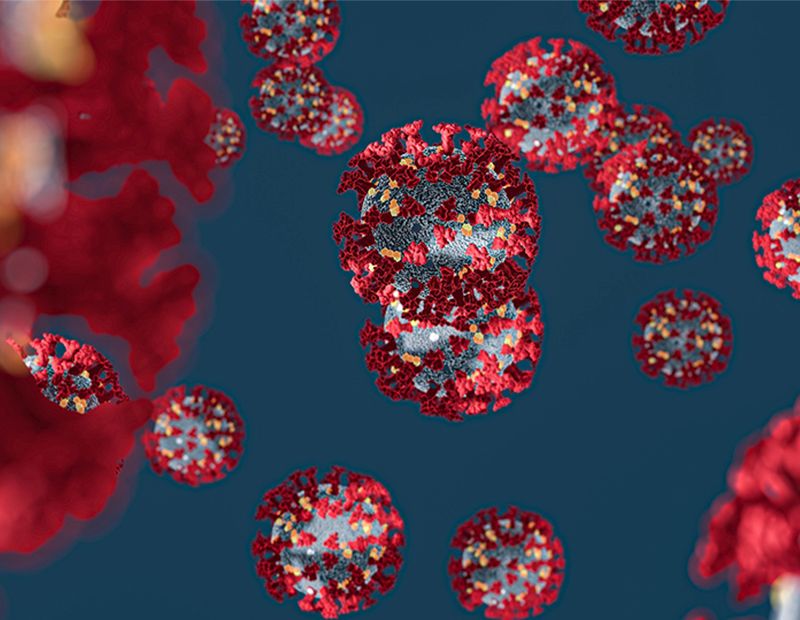

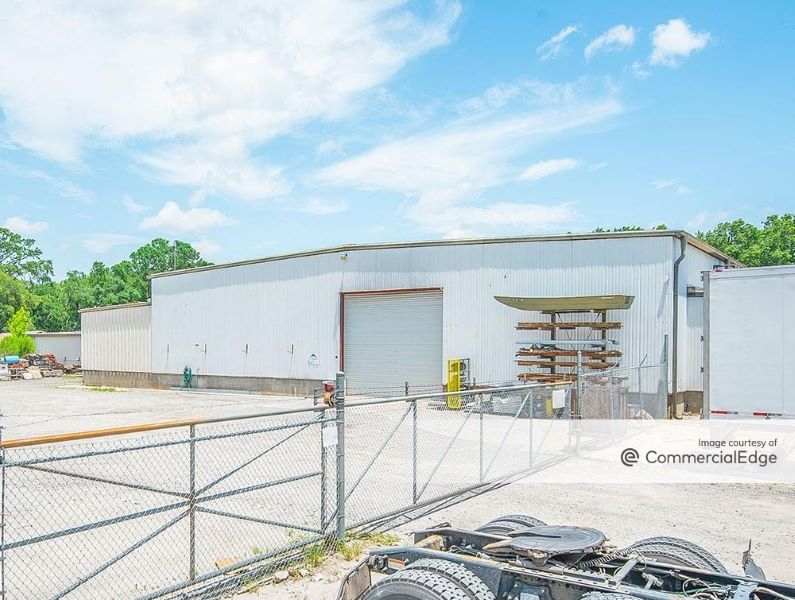
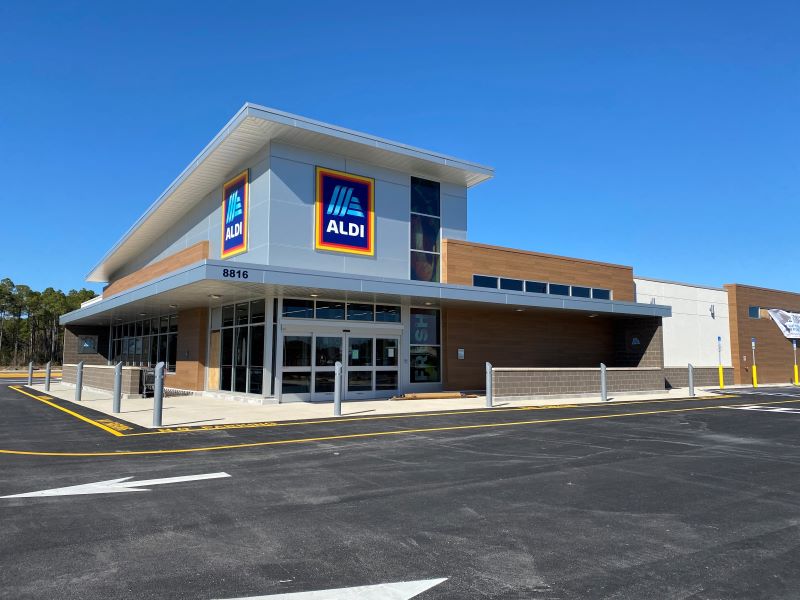
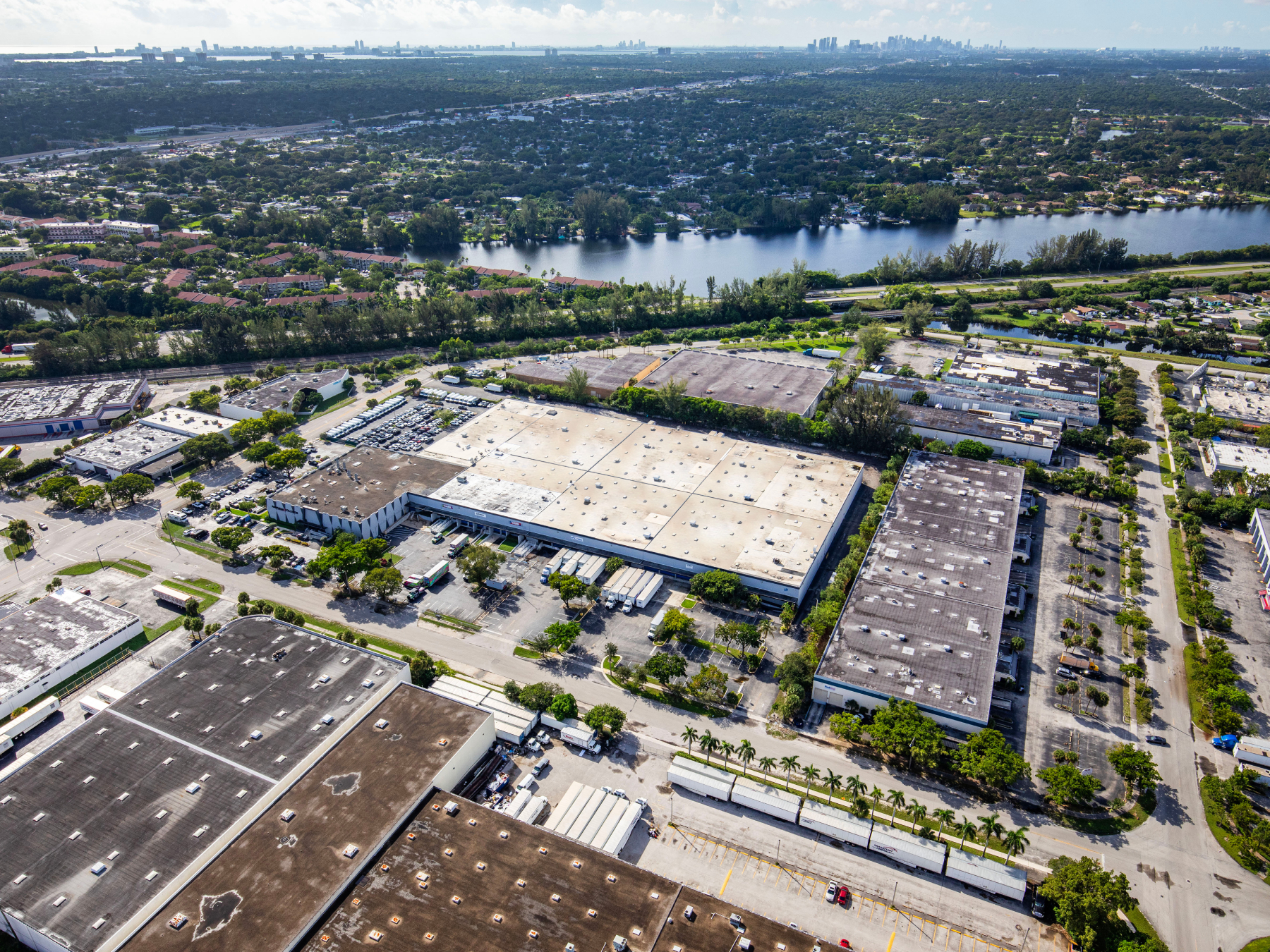

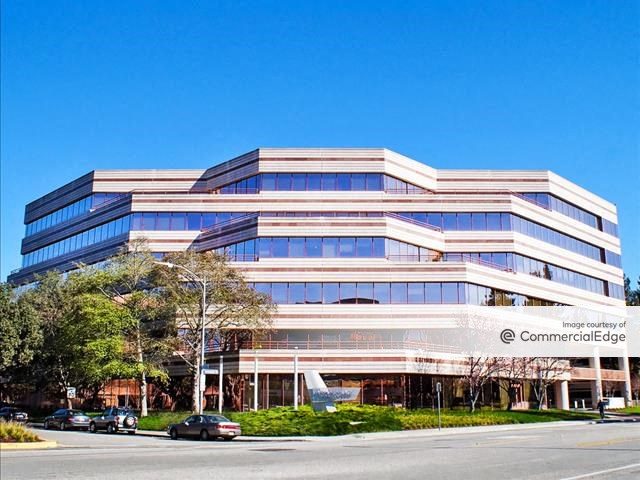
You must be logged in to post a comment.